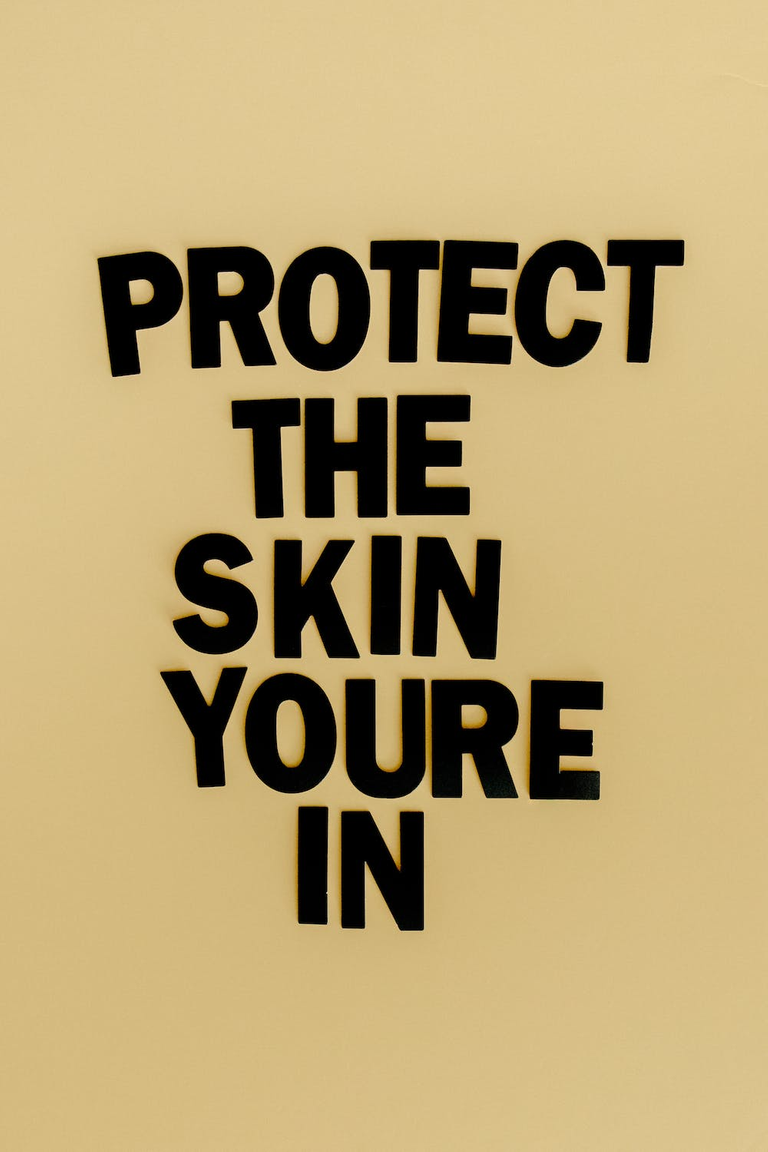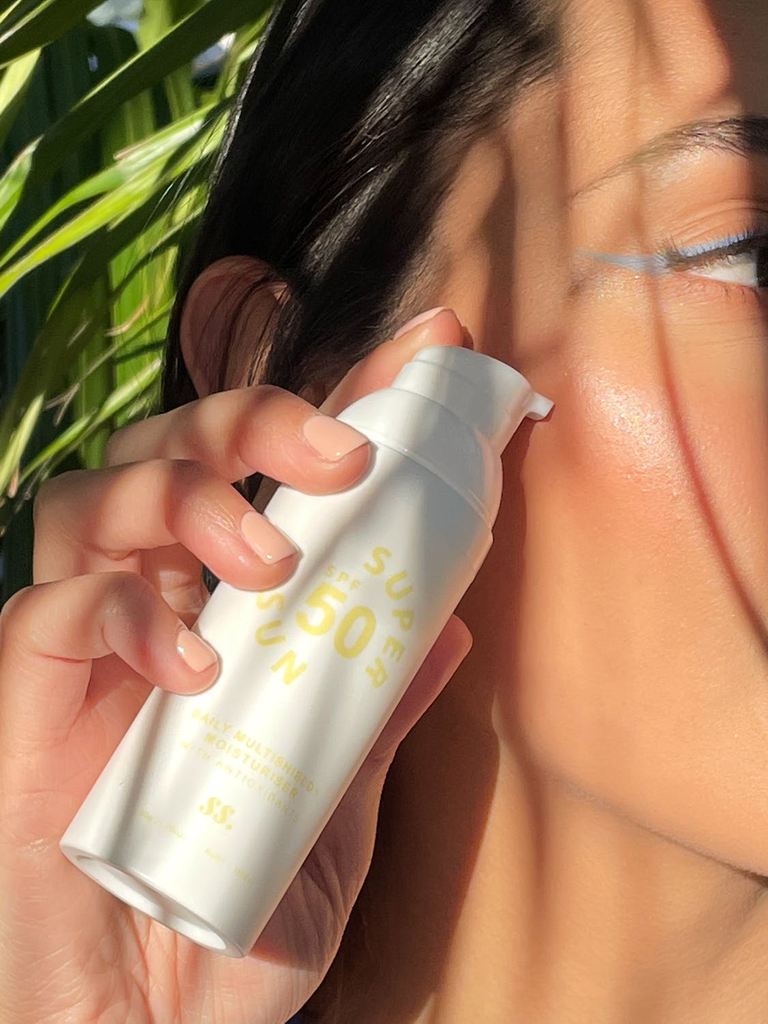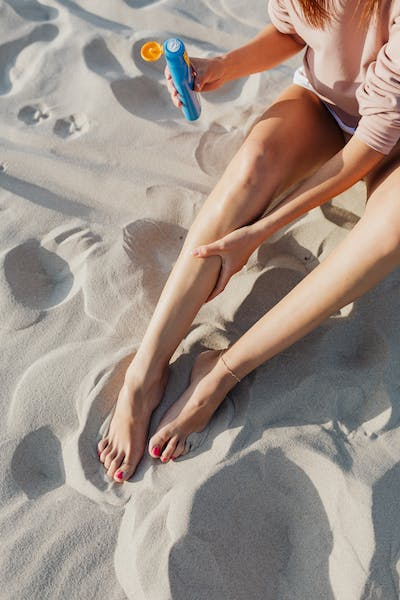Importance of Sun Protection Factor (SPF)

Source
The sun emits harmful ultraviolet (UV) rays that can damage your skin and lead to health problems, such as skin cancer. Wearing sunscreen with a high sun protection factor (SPF) can help protect you from the sun’s harmful rays.
SPF is a measure of how well a sunscreen will protect your skin from UV rays. The higher the SPF, the more protection the sunscreen will provide. While there is no perfect SPF for everyone, dermatologists generally recommend using a sunscreen with an SPF of 30 or higher.
What is the Sun Protection Factor?
The Sun Protection Factor (SPF) is a measure of the amount of ultraviolet (UV) radiation that is needed to produce sunburn on unprotected skin. The higher the SPF, the more protection against UV rays.
SPF is determined by the ratio of time it takes to produce sunburn on protected skin compared to unprotected skin. For example, if it takes 10 minutes for unprotected skin to develop sunburn, then an SPF of 15 would allow you to stay in the sun 15 times longer without burning.
Wearing sunscreen with an SPF of 15 can help protect your skin from harmful UV rays, but it is important to remember that sunscreen should not be your only form of sun protection. Other measures such as seeking shade and wearing protective clothing can also help reduce your exposure to UV rays.

Source
How does the Sun Protection Factor work?
Most people know that the sun can be dangerous. Too much exposure to ultraviolet (UV) radiation can cause skin cancer, eye damage, and other health problems. But did you know that UV radiation can also cause premature aging?
The sun protection factor (SPF) is a measure of how well a sunscreen will protect your skin from UV radiation. The higher the SPF, the better the protection.
When you apply sunscreen, it creates a barrier on your skin that absorbs or reflects UV radiation before it can damage your skin cells. The SPF number tells you how long this barrier will last. For example, if you have an SPF 30 sunscreen, it will take 30 times longer for your skin to start burning than if you were not wearing any sunscreen at all.
It’s important to remember that no sunscreen can block 100% of UV rays, so even if you are using a high SPF sunscreen, you should still take other precautions to protect yourself from the sun, such as wearing protective clothing anad staying in the shade when possible.
What are the benefits of using a Sun Protection Factor?
There are many benefits to using a Sun Protection Factor (SPF), including reducing your risk of skin cancer, sunburn, and premature aging. SPF is a measure of how well a sunscreen will protect your skin from the sun’s ultraviolet (UV) rays. The higher the SPF, the more protection you will get.

Source
--
SPF can help protect against both UVA and UVB rays. UVA rays can cause premature aging, while UVB rays are the main cause of sunburn. Both types of rays can increase your risk of skin cancer.
When choosing a sunscreen, look for one that has an SPF of 30 or higher and is water-resistant. Be sure to apply sunscreen generously, and reapply every two hours or after swimming or sweating.
How to choose the right Sun Protection Factor for you
There are many factors to consider when choosing the right SPF for you. Some of these include:
-Your skin type
-The time of day
-The weather conditions
-Your activity level
-The length of time you'll be in the sun
If you have fair skin, you'll want to choose a higher SPF than someone with darker skin. This is because fair skin is more susceptible to burning.
The time of day also matters. The UV rays are strongest between 10am and 4pm, so you'll want to use a higher SPF during those hours.
Cloudy days don't mean you can skip the sunscreen. UV rays can penetrate clouds, so you should still apply sunscreen even when it's overcast.
If you're going to be sweating or swimming, make sure to choose a waterproof sunscreen with an SPF of at least 30.
And finally, think about how long you'll be in the sun. If you're only going to be outside for a short period of time, a lower SPF will suffice. But if you're going to be out all day, opt for a higher number.

Source
With the dangers of skin cancer and other harmful effects of too much sun exposure, it is more important than ever to make sure you are using a sunscreen with an SPF that is high enough to protect you. Don't take chances with your health – make sure you are using a sunscreen with an SPF of at least 30 every day, even if it's cloudy. Your skin will thank you for it!
Congratulations @avose! You have completed the following achievement on the Hive blockchain And have been rewarded with New badge(s)
Your next target is to reach 30 posts.
You can view your badges on your board and compare yourself to others in the Ranking
If you no longer want to receive notifications, reply to this comment with the word
STOPTo support your work, I also upvoted your post!
Check out the last post from @hivebuzz:
Support the HiveBuzz project. Vote for our proposal!